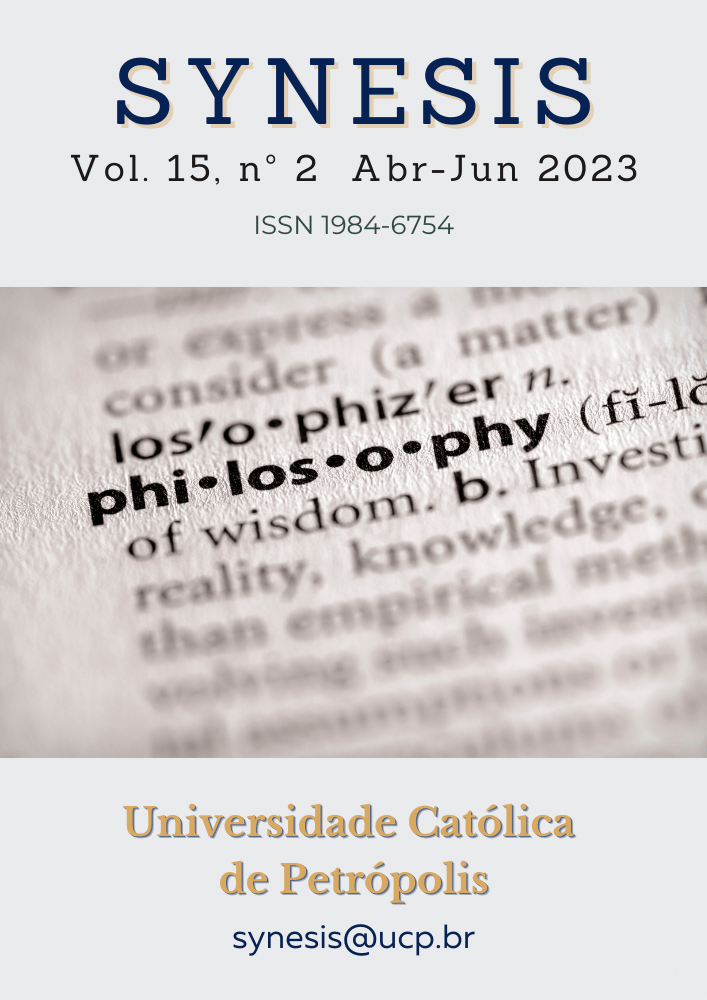Abstract
This study aims to identify the level of use of the Montessori curriculum by teachers of students with intellectual disabilities (ID) in elementary schools. It also aims to reveal whether there are statistically significant differences in the level of use of the Montessori curriculum by teachers according to the variables of gender, level of education, years of experience, and training they received. The study sample consisted of 304 teachers of students with ID in elementary schools in Riyadh. The results showed that teachers of students with ID use the Montessori curriculum with a low degree. The results showed there were statistically significant differences in the responses of the study sample according to the teachers’ education levels and the number of training courses. These differences favored the study sample individuals with a higher level of education and individuals with more training courses. On the other hand, the results showed no statistically significant differences in the responses of the study sample about using the Montessori curriculum based on the teacher’s experience or gender.
References
Alqahtani, A. (2009). Teaching strategies used by teachers of intellectual education institutes and programs in the city of Riyadh (Unpublished master's thesis). College of Education, King Saud University.
Alrousan, F. (2005). Introduction to mental disability. Amman: Dar Al-Fikr for printing, publishing and distribution.
Alsayed, R. (2016). The effectiveness of a kinesthetic program to develop some geographical concepts in the mentally handicapped child using the Montessori method. Journal of Psychological Counseling, 46 (1), 523-573.
Altalwani, R. (2015). What do you know about the Montessori curriculum New learning site? Retrieved July 15, 2018. From https://www.new-educ.com/
Castellanos, A. (2000). A comparison of traditional vs. Montessori education in relation to children’s self –esteem, self-efficacy, and prosaically behavior (Unpublished doctoral dissertation). Carlos Albizu University.
Cordoba-Jackson, J. (2007).The transferability of the Montessori program into public school in Florida (Unpublished doctoral dissertation). Barry-University.
Hanson, B. E. (2009). An exploratory study on the effectiveness of Montessori constructs and traditional teaching methodology as change agents to increase academic achievement of elementary Black students (Unpublished doctoral dissertation). University Capella.
Jaber, W. (2011). General teaching methods, planning and educational applications. Amman: Dar Alfikr for publishing and distribution.
Morsi, M. (1994). History of Education in East and West. Cairo: World of Books.
Mustafa, T & Alhashemi, A. (2017). The impact of an educational strategy based on Montessori theory on my phonemic awareness. First-grade students in Jordan in light of the mother's educational level. An-Najah University Research Journal, 31 (12), 2301-2328.
Rahman, A (2018). The effectiveness of the Montessori method in providing students with mental disabilities some functional vocabulary (Unpublished master's thesis). college of Educational Sciences, Al-Quds University.
Ramadan, F. (2014). The effectiveness of a program based on Montessori activities to improve the psychological compatibility of a sample of children with mental disabilities (Unpublished doctoral dissertation). Education college, Ain Shams University.
Rodriguez, L. (2003). An analysis of a public school prekindergarten Montessori bilingual program (Unpublished doctoral Dissertation). Sam Houston State University.
Yen, S. & Ispa, J. (2000). Children’s temperament and behavior in Montessori and constructivist early childhood programs. Early Education and Development, 11 (2), 171-18.
Yezbick, M. (2007). How Montessori educators in the U.S. address culturally responsive teaching (Unpublished master’s thesis). San Francisco State University: San Francisco, CA.

This work is licensed under a Creative Commons Attribution-NonCommercial-NoDerivatives 4.0 International License.
Copyright (c) 2023 Synesis (ISSN 1984-6754)
